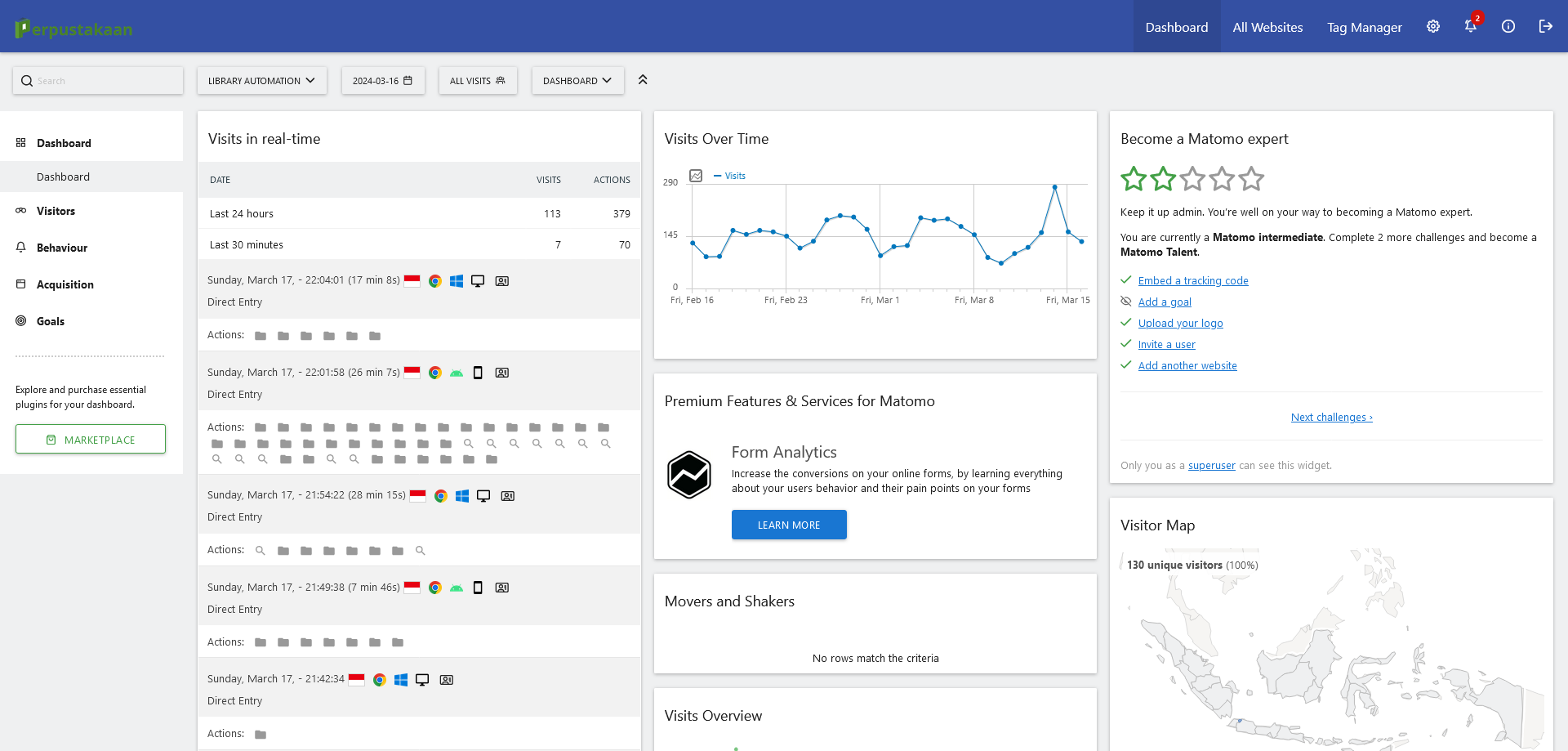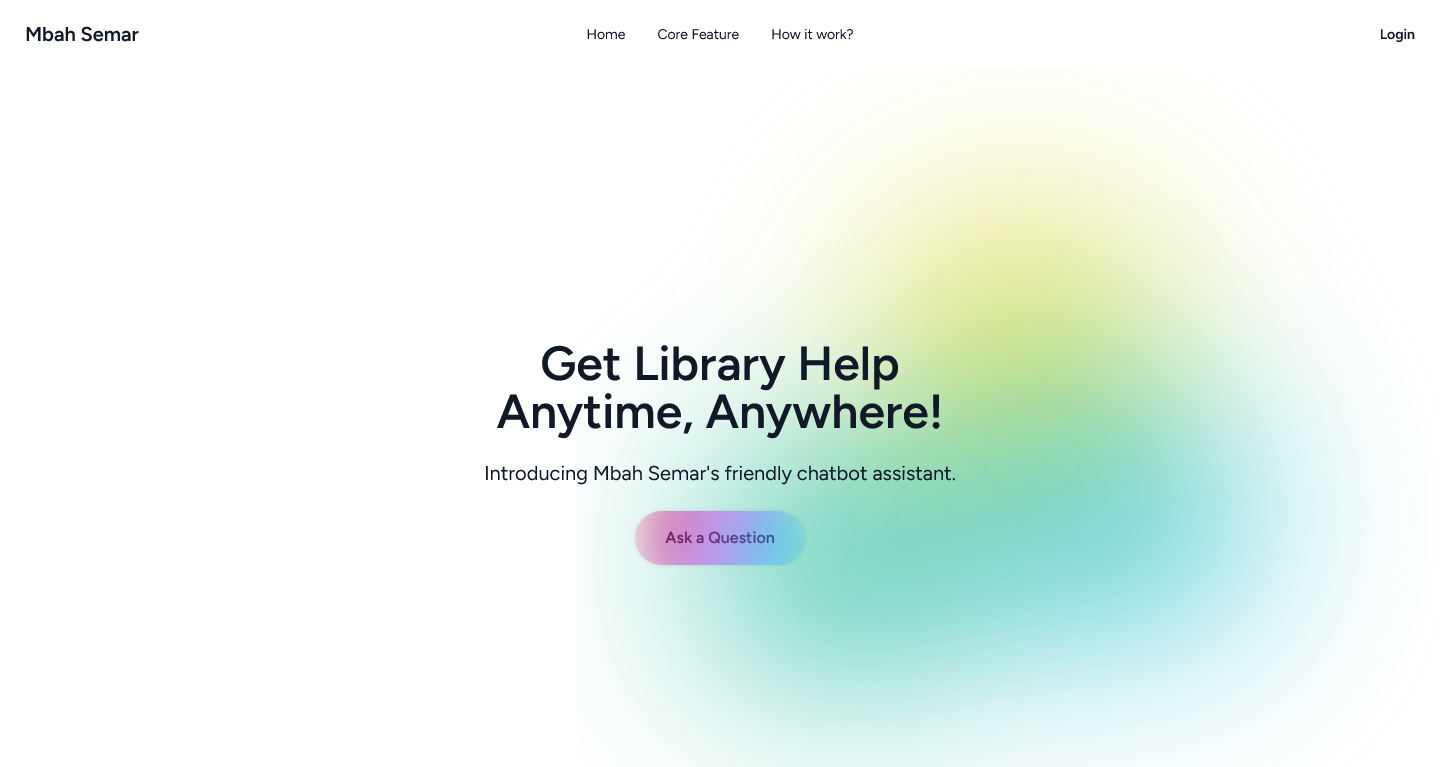Collection Details

Developmental, modal, and pathological variation linguistic and cognitive profiles for speakers of linguistically proximal languages and varieties
Grohmann, Kleanthes K. - Nama Orang
Kambanaros, Maria - Nama Orang
Leivada, Evelina - Nama Orang
One significant area of research in the multifaceted field of bilingualism over the past two decades has been the demonstration, validation, and account of the so-called ‘bilingual advantage’. This refers to the hypothesis that bilingual speakers have advanced abilities in executive functions and other domains of human cognition. Such cognitive benefits of bilingualism have an impact on the processing mechanisms active during language acquisition in a way that results in language variation. Within bilingual populations, the notion of language proximity (or linguistic distance) is also of key importance for deriving variation. In addition, sociolinguistic factors can invest the process of language development and its outcome with an additional layer of complexity, such as schooling, language, dominance, competing motivations, or the emergence of mesolectal varieties, which blur the boundaries of grammatical variants. This is particularly relevant for diglossic speech communities—bilectal, bidialectal, or bivarietal speakers. The defined goal of the present Research Topic is to address whether the bilingual advantage extends to such speakers as well. Thus, ‘Linguistic and Cognitive Profiles for Speakers of Linguistically Proximal Languages and Varieties’ become an important matter within ‘Developmental, Modal, and Pathological Variation’.
Additional Information
- Penerbit
- Michigan, USA : Frontiers Media SA (2018)
- GMD ( General Material Designation )
- Electronic Resource
- No. Panggil
-
404.2DEVd
- ISBN/ISSN9782889456383
- Klasifikasi
- 404.2
- Deskripsi Fisik
- 179 p.; 23 cm.
- Bahasa
- English
- Edisi
- -
- Subjek
- Language
multilingualism
Humans - Pernyataan Tanggungjawab
- -
- Info Detail Spesifik
- -
- GMD
- Electronic Resource
- Tipe Isi
- text
- Tipe Media
- computer
- Tipe Pembawa
- online resource




